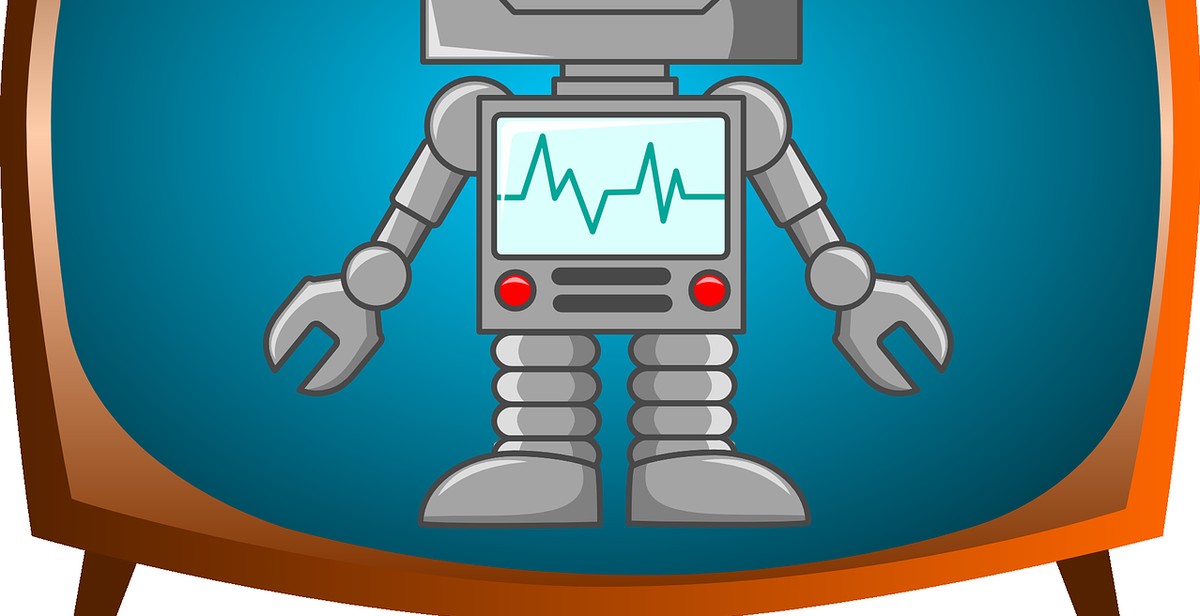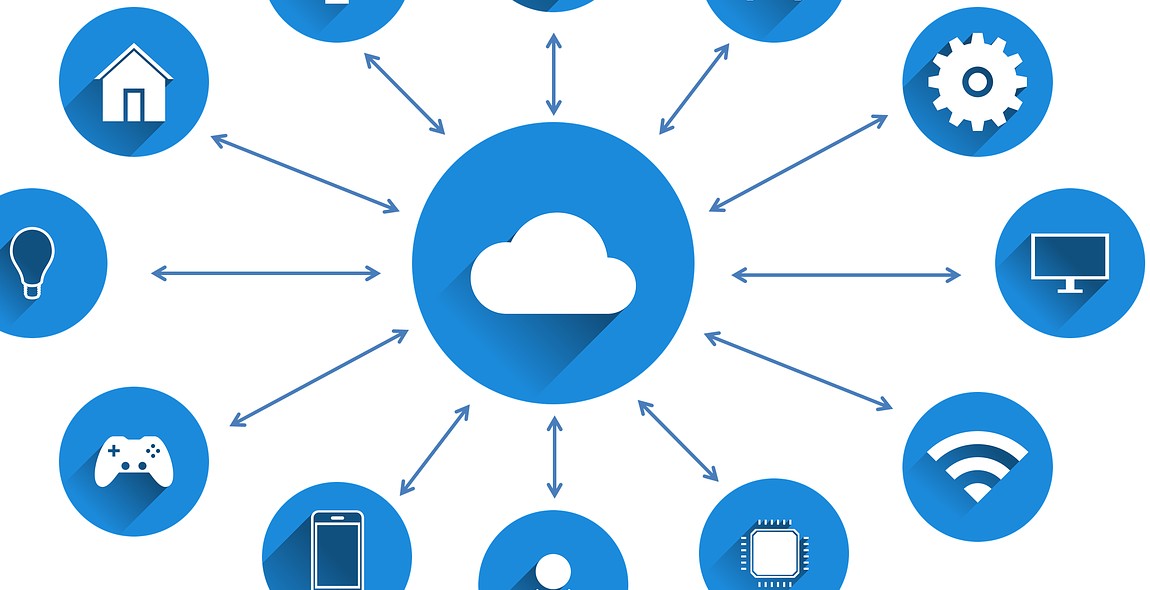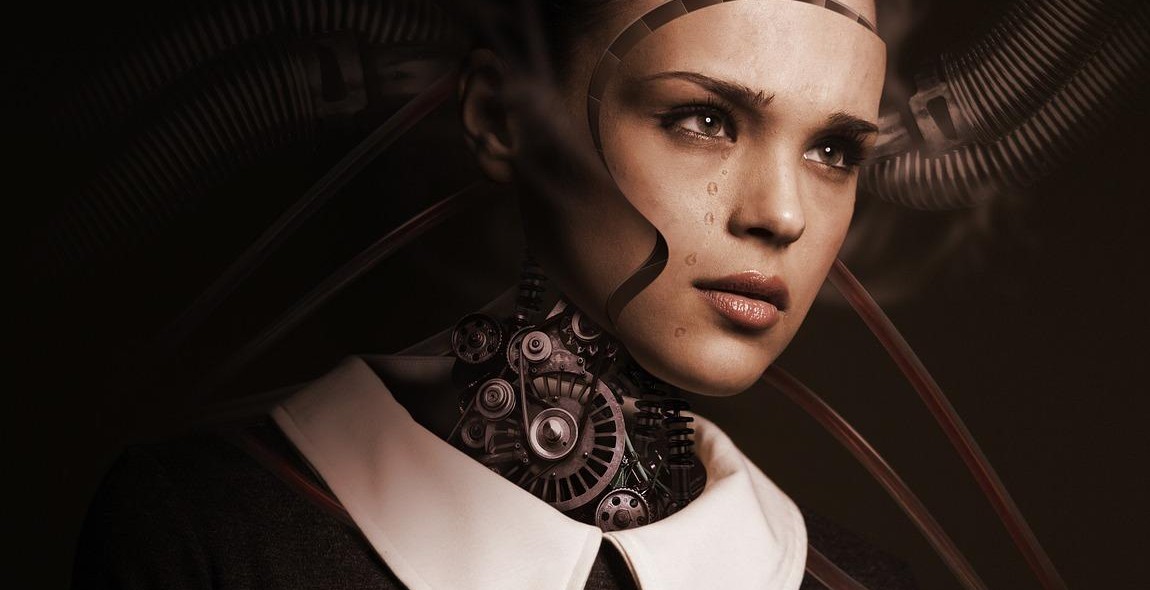Introduction
In today’s rapidly evolving technological landscape, artificial intelligence (AI) has emerged as a game-changing force. One of the most significant applications of AI is in the realm of bots and automation. Bots, or software robots, are designed to perform tasks that would typically require human intervention, utilizing AI algorithms to analyze data and make informed decisions.
This article explores the future of AI, focusing on the role of bots and automation. We will delve into the potential impact of AI on various industries, such as customer service, healthcare, and manufacturing. Additionally, we will discuss the benefits and challenges associated with the widespread adoption of bots and automation.
As AI technology continues to advance, bots are becoming increasingly sophisticated, capable of understanding natural language, learning from interactions, and adapting to new situations. This evolution has the potential to revolutionize the way businesses operate and interact with their customers.
We will also examine the ethical considerations surrounding the use of bots and automation, including issues related to privacy, job displacement, and algorithmic bias. It is crucial to understand and address these concerns to ensure that AI is deployed responsibly and ethically.
Ultimately, this article aims to provide a comprehensive overview of the future of AI, shedding light on the transformative potential of bots and automation in various sectors while highlighting the importance of responsible AI development and deployment.

What are Bots?
Bots, short for robots, are software programs that automate tasks and perform them with minimal human intervention. These automated agents are designed to interact with users or other software systems, simulating human-like behavior and providing assistance or information.
Types of Bots
There are various types of bots, each serving a specific purpose and designed for different applications:
- Chatbots: These bots are programmed to interact with users through text or voice-based conversations. They can answer questions, provide recommendations, and assist with various tasks.
- Web Crawlers: Also known as spiders or web robots, these bots browse the internet to collect information for search engines or other purposes. They index web pages, analyze content, and gather data for indexing or analysis.
- Transaction Bots: These bots automate repetitive tasks involved in transactions, such as processing orders, payments, or customer support queries. They can streamline processes and improve efficiency.
- Social Media Bots: These bots operate on social media platforms, performing tasks like posting content, engaging with users, or analyzing trends. They can help manage social media presence and gather insights.
- Monitoring Bots: These bots continuously monitor systems, networks, or websites for specific events or changes. They can alert administrators about potential issues or provide real-time updates on performance.
Benefits of Bots
Bots offer numerous benefits for businesses and individuals:
- Automation: Bots can automate repetitive tasks, freeing up human resources to focus on more complex or strategic activities. This can lead to increased productivity and efficiency.
- 24/7 Availability: Unlike humans who have limitations, bots can operate round the clock, providing assistance or information to users at any time. This ensures continuous support and improves customer satisfaction.
- Cost Savings: By automating tasks, bots can reduce operational costs associated with manual labor. They can perform tasks at a fraction of the time and cost compared to human counterparts.
- Improved Customer Experience: Chatbots, for example, can provide instant responses and personalized recommendations, enhancing the overall customer experience. This can lead to higher customer engagement and loyalty.
- Data Analysis: Bots can gather and analyze vast amounts of data quickly and accurately. This enables businesses to gain valuable insights, make data-driven decisions, and identify patterns or trends.

Automation and AI
Automation and Artificial Intelligence (AI) are revolutionizing the way businesses operate and transforming various industries. Understanding the concepts of automation and AI is crucial in comprehending the future of technology and its impact on society.
Understanding Automation
Automation refers to the use of technology to perform tasks or processes with minimal human intervention. It involves the development of systems, software, and robots that can operate and complete tasks autonomously. Automation aims to improve efficiency, productivity, and accuracy while reducing human error and labor costs.
Traditional automation involved programming machines to perform repetitive tasks, such as assembly line operations in manufacturing. However, with advancements in AI, automation has evolved to include intelligent systems capable of learning, adapting, and making decisions.
How AI Powers Automation
AI plays a pivotal role in powering automation by enabling machines to simulate human intelligence and behavior. AI technologies, such as machine learning and natural language processing, allow systems to analyze vast amounts of data, learn from patterns, and make intelligent decisions.
Machine learning algorithms enable automation systems to improve their performance over time by continuously learning from data and adjusting their behavior accordingly. This ability to learn and adapt makes AI-powered automation systems more efficient, accurate, and reliable.
Moreover, AI enables automation systems to interact and communicate with humans in a more natural and intuitive manner. Natural language processing enables machines to understand and respond to human speech, making them suitable for customer service, virtual assistants, and chatbots.
Impacts of Automation and AI
The impacts of automation and AI are far-reaching and have both positive and negative implications. On one hand, automation and AI can lead to increased productivity, reduced costs, and improved quality of goods and services. They can also eliminate mundane and repetitive tasks, allowing humans to focus on more creative and complex work.
However, automation and AI also raise concerns about job displacement and societal implications. As automation systems become more advanced, there is a risk of job loss in certain sectors. It is crucial to address these challenges by providing retraining and upskilling opportunities to ensure a smooth transition for the workforce.
In conclusion, automation and AI are transforming industries and reshaping the future of work. Understanding the fundamentals of automation, how AI powers it, and the impacts it has on society is essential for individuals and businesses to harness the full potential of these technologies while addressing the associated challenges.

The Future of AI
Artificial Intelligence (AI) has come a long way in recent years, and its future holds immense potential for transforming various industries and shaping our society. Advancements in AI technology are paving the way for a future where automation and intelligent bots play a crucial role in our daily lives.
Advancements in AI Technology
The field of AI is rapidly evolving, driven by breakthroughs in machine learning, natural language processing, and computer vision. These advancements are enabling AI systems to learn from vast amounts of data, recognize patterns, and make intelligent decisions with minimal human intervention.
One significant development in AI technology is the rise of deep learning algorithms. These algorithms mimic the functioning of the human brain, allowing machines to process complex information and perform tasks that were once thought to be exclusive to humans. Deep learning has found applications in various domains, including image and speech recognition, autonomous vehicles, and healthcare.
AI in Industries
The impact of AI is being felt across industries, revolutionizing the way businesses operate and creating new opportunities for growth. In healthcare, AI-powered systems can analyze medical images, assist in diagnosing diseases, and even predict patient outcomes. In manufacturing, AI-driven automation is optimizing production processes, improving efficiency, and reducing costs.
AI is also transforming the finance industry, where intelligent algorithms can analyze vast amounts of financial data, detect fraud, and make investment recommendations. In the retail sector, AI-powered chatbots are enhancing customer service by providing personalized recommendations and resolving queries in real-time.
Ethical Considerations
As AI continues to advance, ethical considerations become increasingly important. The potential impact of AI on employment raises concerns about job displacement and the need for retraining the workforce. Additionally, the use of AI in decision-making processes, such as those related to criminal justice or loan approvals, raises questions about fairness, bias, and transparency.
Privacy is another significant ethical concern in the AI era. AI systems often rely on vast amounts of personal data, and it is crucial to ensure that this data is handled securely and in compliance with privacy regulations.
Addressing these ethical considerations requires a multi-stakeholder approach involving governments, industry leaders, and experts from various fields. It is essential to establish guidelines, regulations, and standards that promote the responsible development and deployment of AI technologies.
In conclusion, the future of AI holds immense potential for transforming industries and society as a whole. Advancements in AI technology, its applications across various industries, and the ethical considerations surrounding its use will shape the way we interact with intelligent bots and automation in the years to come.
Conclusion
In conclusion, the future of AI is promising, with bots and automation playing a significant role in transforming various industries. As technology continues to advance, businesses and individuals alike can benefit from the power of AI-powered bots and automation tools.
AI-powered bots have the potential to revolutionize customer service, sales, and marketing by providing personalized and efficient interactions with customers. They can handle repetitive tasks, freeing up human employees to focus on more complex and creative work. Additionally, bots can analyze vast amounts of data and provide valuable insights for decision-making.
Automation, on the other hand, can streamline and optimize various business processes, leading to increased productivity and cost savings. From manufacturing and logistics to healthcare and finance, automation can improve efficiency and accuracy, reducing human error and improving overall performance.
However, it is important to note that AI and automation are not without challenges. Ethical considerations, data privacy, and job displacement are among the concerns that need to be addressed as these technologies continue to evolve.
Overall, the future of AI and bots is bright, and businesses that embrace these technologies stand to gain a competitive edge. By understanding the capabilities and limitations of AI, and by leveraging the power of automation, organizations can unlock new opportunities and drive innovation in the digital age.
